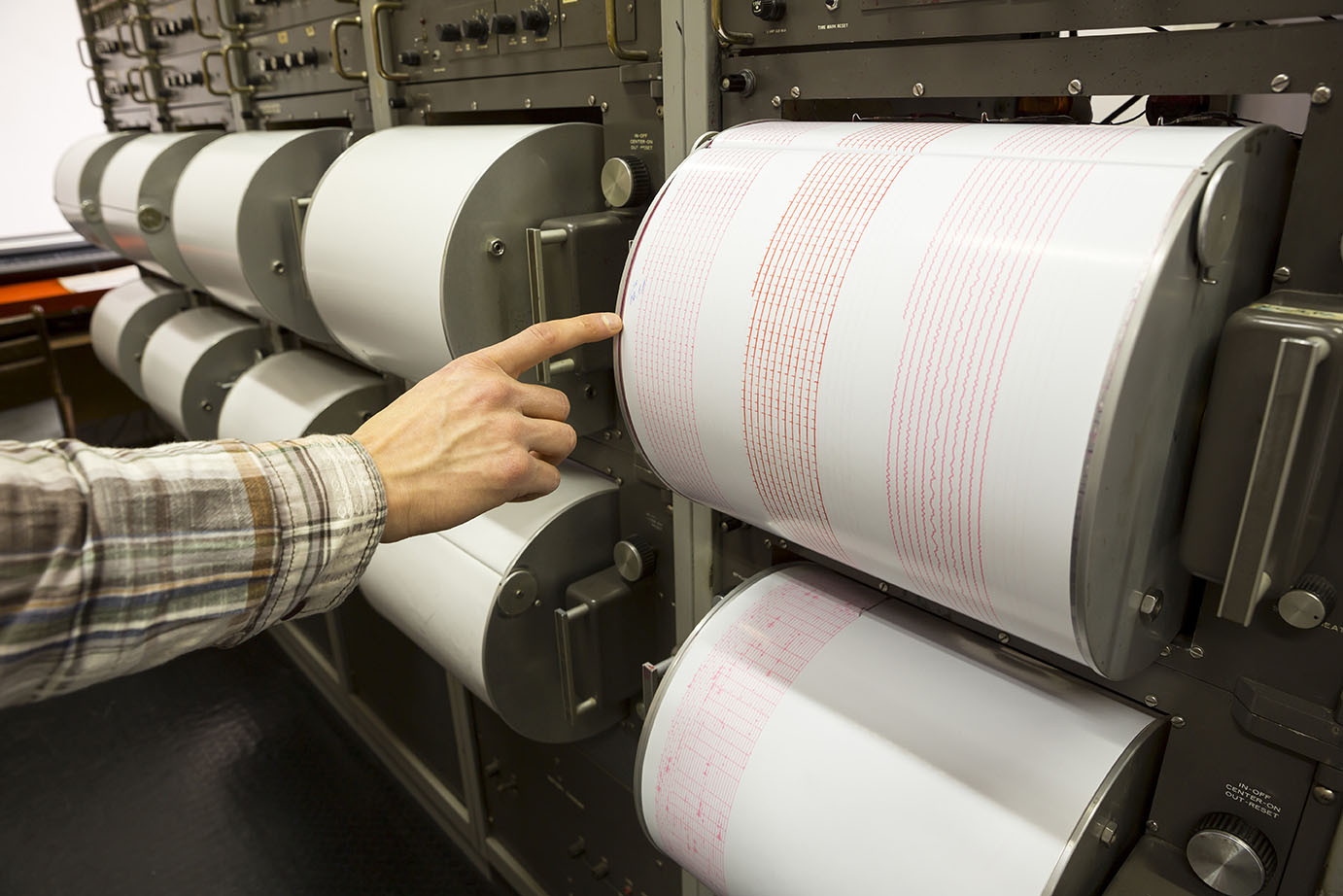

Seismology is the study of earthquakes. Seismologists study how earthquakes happen, where they happen, and how they affect the Earth.
Seismologists use special instruments called seismometers to measure earthquakes. Seismometers can detect even the smallest earthquakes, and they can tell scientists where the earthquake happened and how strong it was.
Seismologists also use seismometers to study the Earth's interior. By studying how earthquakes travel through the Earth, seismologists can learn about the composition of the Earth's interior and how it moves.
Seismology is the study of earthquakes and seismic waves.

Noun:
The word "seismology" is a compound word, consisting of the Greek words "seismos" (shaking, shock) and "logos" (study of).
The first recorded use of the word "seismology" in English was in the 19th century.
The word "seismology" is an English word, and it is not related to any other languages.
What is seismology?